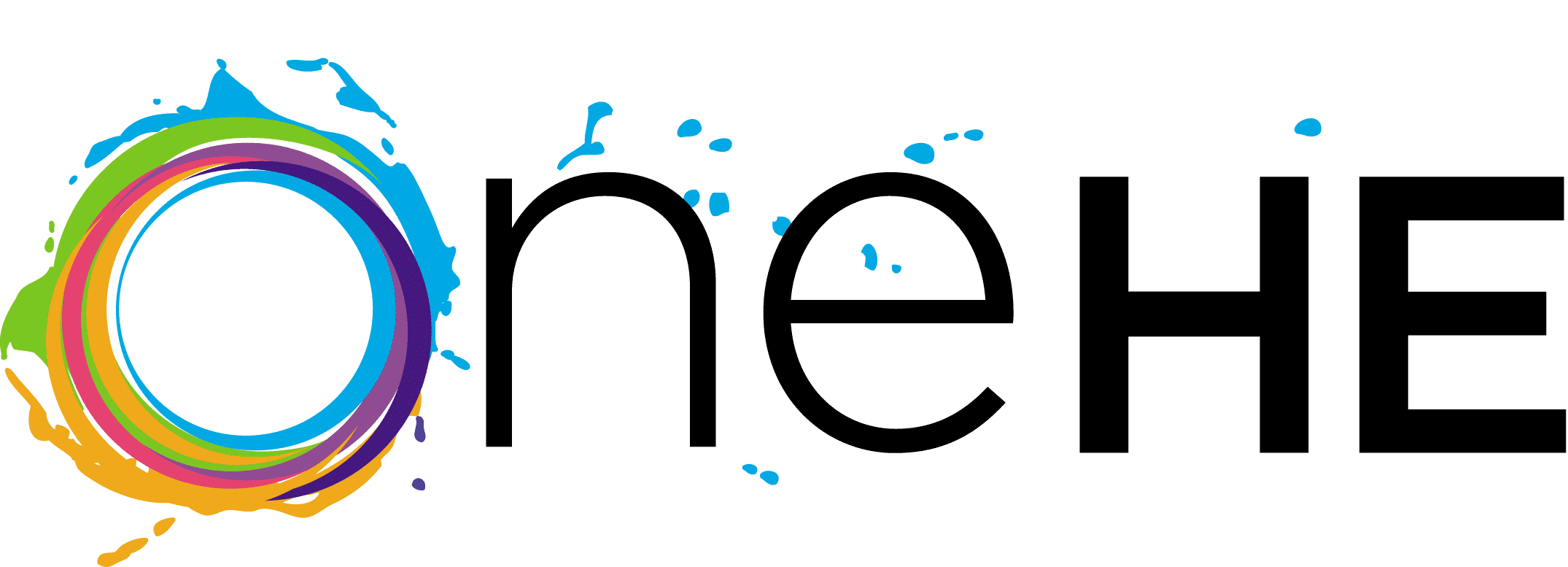Click here to view the video transcript
Educators are going to face a lot of challenges when they are implementing these new techniques. It may change, the challenges may change based on what discipline you teach, or how large your class is, or what level of class that you’re teaching, right? But generally speaking, you’re going to face two challenges. One would be challenges from yourself. So some negative self-talk, some rationalisations and justifications about why you shouldn’t change anything. “Well, if I change things, the students won’t be happy and my teaching or course evaluations may suffer.” Or, “If I change things, I’m going to botch it and it’s going to be a disaster and I hate being incompetent. And I’ve been doing this the same thing, the same way, for many years and it’s scary.” It’s scary to change and you can have some fear in doing so.
You’ll also experience some challenges from others, particularly, probably from the students who like to be performance-oriented. They like to be extrinsically motivated by grades and they will have some resistance to you saying, “I want you to do this activity for learning and not for points.” And so those two types of resistance, both from self and others, I think it’s helpful to be aware of those and acknowledge them and think through them before you get going.
The other thing that I recommend educators do is talk to your Chair. Let them know that you’re going to make some changes to your course to help enhance integrity and reduce cheating. Just give them a heads up so that it’s not a surprise if you get a couple of dings on your teaching evaluations because you tried something new. There are two other things that I highly recommend that you do before you make the change or as you’re making the change. First, tell the students why. Again, having a conversation with the students about academic integrity, if they know you’re doing that to create, again, an honest, fair, trustworthy, respectful and responsible classroom, and they know now that the assessments that they’re going to be doing are going to be graded more fairly because other people didn’t cheat, they’ll be on board with you.
So for example, at the University of California, San Diego, we had a group of engineering faculty this last year start doing oral assessments. And we know that that’s a common activity in many areas of the world, but here in the United States and especially in universities, large universities with large classrooms, it’s not very common to do oral assessments because it’s not usually very feasible. But what they did was they had students write the normal, final exam or midterm. And then, they called them in for a 15, 20-minute oral assessment. They might pick one question that they want the student to elaborate on.
They did some pre and post-surveys and they found that not only did students appreciate the opportunity to talk about what they know and think about it, it’s better in terms of their professional development because they’re going to have to talk about engineering, not just do engineering or write about engineering, but also the students actually perceived that academic integrity would be enhanced. They were less worried about other students cheating and so that improved the morale in the classroom. And as I said earlier, if I think other people are cheating, I’m more likely to cheat, that reduced cheating.
The other thing, the last thing I think you should do is make sure you check in with students often throughout the term of the course. At least midterm, how’s it going? What would you like me to stop, start or continue doing? And that way, students know that you care about your experiment, that you care about how your trial is going, and that you want to make things better for their learning and for the learning environment in the classroom.
When instructors attempt to make these changes, they typically encounter some self as well as other resistance. From the self, they experience fear that the changes, if made, will hurt their teaching evaluations (i.e., students won’t be happy) or that they will botch the execution of it or that students won’t do anything that isn’t for credit, or that making the changes will simply take too much time. From the others, they will get push-back from students who like easy ways to earn credit – who are so extrinsically oriented that they resist any attempt to get them to learn rather than just do.
To overcome these, I recommend:
a) talking to your Chair to ensure that they have your back for making these changes, even if it means a temporary ‘hit’ to your teaching evaluations;
b) telling the students, the WHY of what you’re doing, ensuring that you are doing it because it’s important to them and their futures; and
c) welcome their feedback, at least mid-term, and make adjustments where you can to respond to their concerns.


Discussions
Do short term teaching scores shape how you approach changing your courses for the better? If so, how do you get around this challenge?
Please share your thoughts and questions in the comments section below.